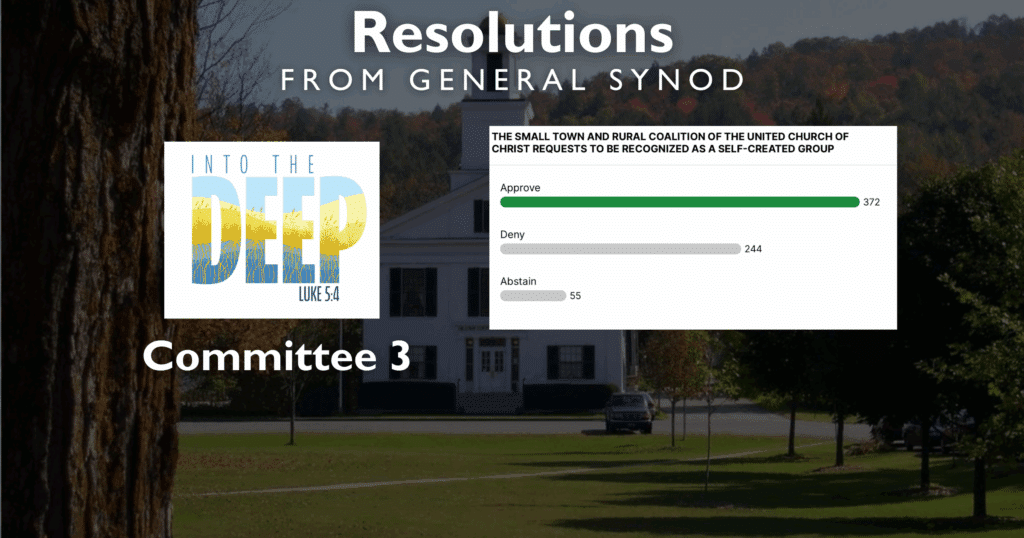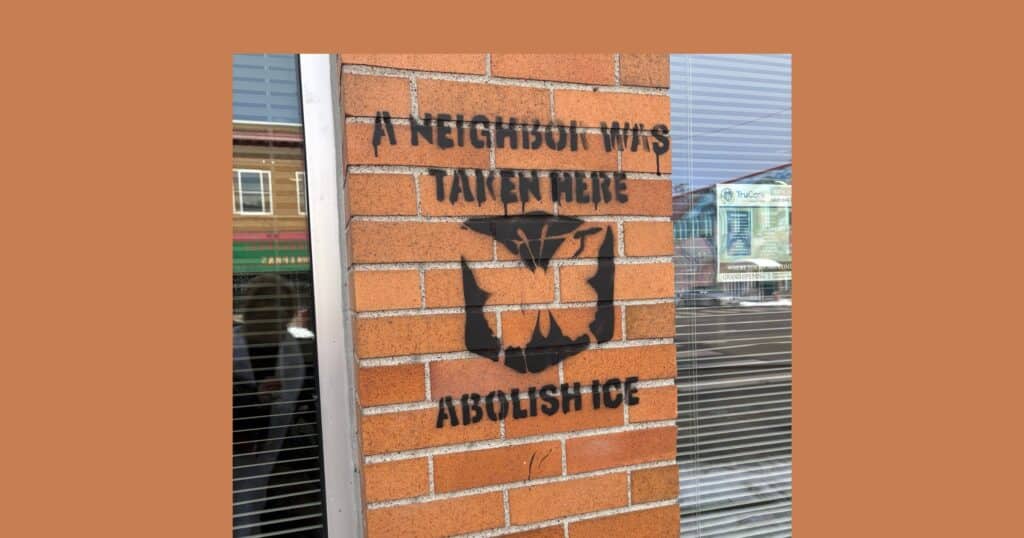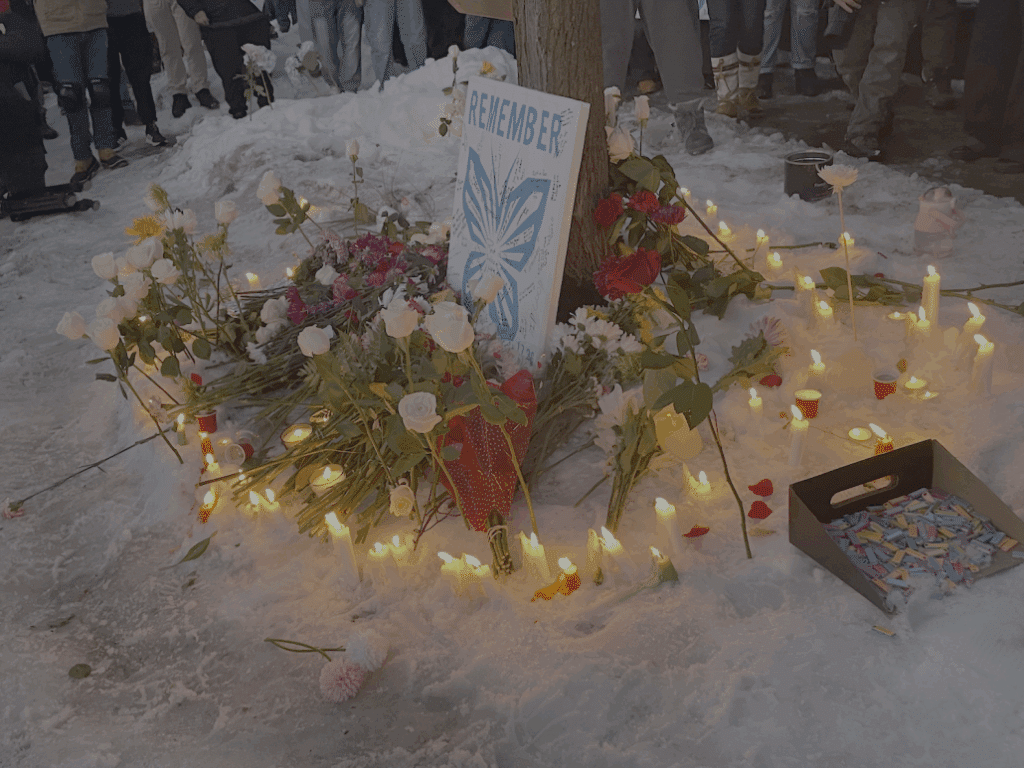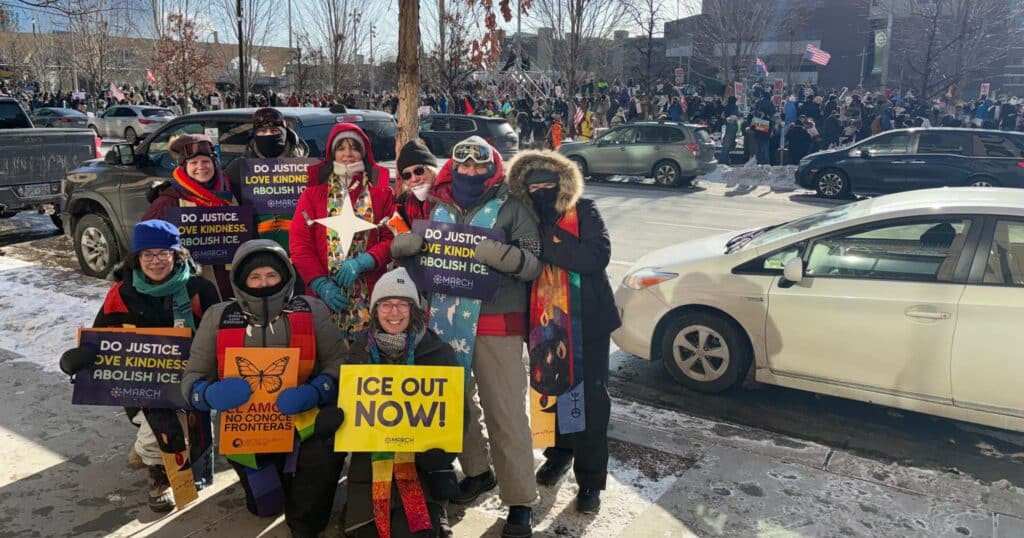Small Town and Rural Coalition resolution adopted by General Synod
Following a ‘very open and free flowing discussion,’ the General Synod adopted a resolution recognizing the Small Town and Rural (STAR) Coalition of the United Church of Christ as a Self-Created Group on Monday, July 14.
The resolution, which passed 372 for to 244 against, with 55 delegates abstaining, was sponsored by several UCC Conferences, arrived on the Synod floor with the lightest of modifications on its face: a pair of technical edits to the group’s designation in compliance with the Bylaws. But it became clear that reservations were on the minds of more than a few delegates.
The resolution itself calls for the Small Town and Rural Coalition to “be included in the United Church of Christ Bylaws, Article VI, Other Bodies, Self-Created Groups.” While it does not explicitly request resources from the National Ministries, it envisions that “needed relational, resource and representational support” for STAR churches will result from official recognition.
During the hearing it was emphasized that “small town” does not always mean “small congregation” and that “rural” does not mean “conservative.” It is thought that between 60% and 66% of UCC local churches are in small town or rural settings, depending on how that’s defined.
Opposition to the resolution centered on a perception that the STAR Coalition has a “hidden agenda” to move the UCC toward a more moderate stance on political or theological issues. Speakers voicing that concern emphasized their need for the National church to take “progressive stances that empower rural prophetic ministry.”
A more widely held concern was the need for a self-identified group to be recognized in the Bylaws. Those raising the concern asserted that the designation was intended for “minority and marginalized groups.” The UCC Bylaws do not support this notion, simply listing in Article VI covenantal groups related to the National church through the United Church Board.
The Rev. Hank Fairman, senior pastor of St. John United Church of Christ in Freeport, Illinois, chaired the committee presenting the resolution. He said the discussion raised the issue of who feels excluded in a “united and uniting church.”
“Speaking as a pastor to a small town, rural church, we are open and affirming, we are a racial justice church,” Fairman said. “We are seeking to make our community better.”
“We’re known as [the best church we can be for our community], because we have an open table for all. I think if you talk to more STAR churches, that’s the church you’ll find—the expression of Christ’s Gospel,” he said.
Fairman does not see the debate on the STAR resolution as concluding the discussion, and he hopes the door remains open for further dialogue with other self-identified UCC groups.
“A rising tide floats all boats, and a wider and longer table is better than any closed table,” Fairman said. “The more discussion we have as a national church, about our differences, I think we’ll find that they’re not different, but there’s different expression.”
He added, “The point of what STAR is reaching out for” is not attempting to moderate the church’s progressive voice. To Fairman, the existing groups and future ones “can all talk together about what it means to be a united church full of diversity, of God’s expression, a church that can come to the table and find a common place to be at ease, to feast and eat together.”
The STAR Coalition co-coordinators are the Rev. Amelia Price and the Rev. Bryce Duling. They and other members of the coalition have been working on it for several years. Handing control of the resolution they had shepherded through the process to the hearing committee was a moment of letting go.
“I am at peace now. We’ve entrusted this resolution to the Synod, and whatever happens will happen,” said Duling. “We feel that we’ve been listened to, and that’s all we’re really asking.”
Its designation as a Prudential resolution meant it needed a simple majority to be adopted. As an expression of General Synod, it will now pass to the Implementation Committee for recommendations on how to implement it in the church’s structure.
Content on ucc.org is copyrighted by the National Setting of the United Church of Christ and may be only shared according to the guidelines outlined here.
Related News
Virtual faith gatherings offer community, mourning, commitment amid nation’s ‘moral crisis’
“We remember all the people that ICE violence kills. We can feel their spirit. They are with...
Read More“God is with Us:” UCC clergy discuss efforts of resistance in Minnesota
Minnesota has been a hotbed of activity, and not for good reasons over the last month....
Read MoreMeet six UCC clergy who traveled to Minneapolis to put faith in action
Long tables piled high with hats, scarves, long underwear, winter coats, and hand warmers...
Read More


